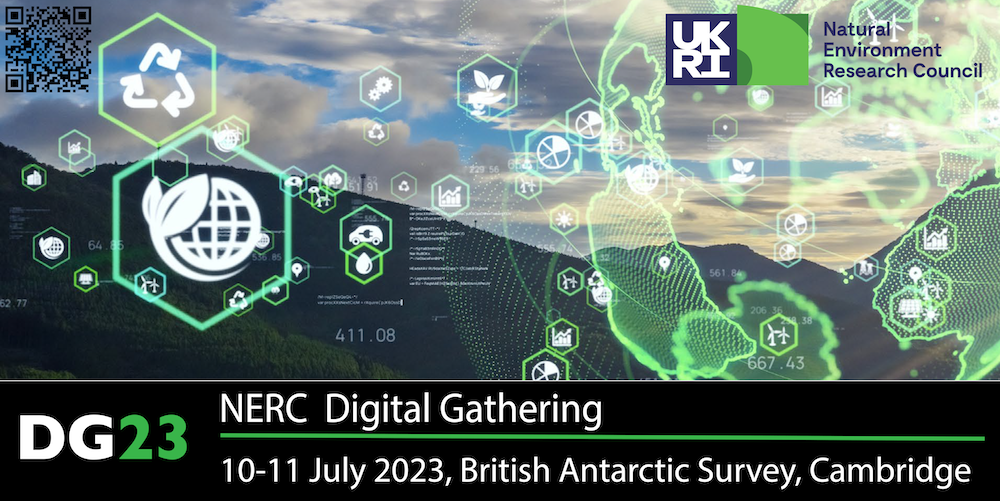Main Auditorium, Tuesday 11th July 2023
Chaired by Matt Fry To see the abstract for the talk, click the small ‘+’ button to the right.
09:00
The Effect of Commercial Building Orientations on Indoor Climate in Tropical Environments: A new application to urban climate studies
Dr Archibong Akpan
Department of Geography
University of Uyo, Nigeria
CDE International Expert Network member
Aspinall, M.D. (1), Akpan, A. (1)
1 – Department of Geography, University of Uyo, Nigeria
This work examined the effect of different commercial building orientations on indoor climate in tropical environments. The tropics have relatively high temperatures and humidity. Buildings, on the other hand, affect climate and influence the distribution of ecological resources in tropical environments, necessitating the creation of a comfortable indoor environment for human activities to thrive. Studies in thermal comfort in buildings considered indoor air temperature and the spatial locations of buildings. Approximately 76 percent of builders and designers ignore the thermal performance of their projects. Even as global warming in the 21st century and particularly in the tropics is challenging, indoor temperatures in buildings are constantly changing and recording highs. This study provides new insights on seasonal variations in indoor climate in four selected building orientations (N-S, W-E, S-N and E-W) at four spatial locations. Indoor air temperature, wind speed and direction, and relative humidity were measured using psychometric methods. Drones and sling pyschometers were used to monitor changes in the environment and collect data points. The buildings measured had similar structural designs, volumes, and makeup materials but different orientations. Traditional building designs that do not guarantee thermal comfort and orientations must be phased out in favor of eco-friendly designs that take into account the best orientations (S-N or N-S) inferred from the study, as well as adopting low-carbon material specifications during building designs to improve occupant thermal comfort and limit global warming.

09:20
From photons to fish, from seconds to centuries; Generating FAIR data from high resolution sensors in the Western Channel Observatory
Dr Thomas Mansfield
Plymouth Marine Laboratory
Mansfield, T, (1), O’Driscoll, B, (1), Palmer, M, (1), Smyth, T, (1)
1 – Plymouth Marine Laboratory, Plymouth, UK
The Western Channel Observatory (WCO) is an oceanographic time-series and marine biodiversity reference site in the Western English Channel. The WCO’s L4 station is a UN Ocean Decade-recognised biomolecular observation site and has some of the longest data time-series in the world, providing a digital resource that benefits scientists, policymakers, businesses, communities and individuals.
Emerging sensor and platform technologies promise to increase both the spatial and temporal resolution of the WCO data, enabling the creation of scalable data lakes which will support the development of digital twins, artificial intelligence algorithms and machine learning applications that will support the future of marine science. Despite the availability of high-resolution data, data lakes can only be effective if the data within them is Findable, Accessible, Interoperable and Reusable (FAIR), with governance required to ensure comprehensively described, quality-controlled and scalable data sets.
This short project, funded within the NERC Constructing Digital Environments (CDE) framework, has investigated a human-centric methodologies that focus on visualizing data and metadata against relevant standards, coverage and error checking frameworks to stimulate stakeholder engagement and increase quality. In addition, architectures have been designed that streamline data access while simultaneously supporting the collection of information that can be used to monitor the growing impact of the data.
These approaches have been implemented into a prototypical web-based architecture that reduces the technical and procedural barriers encountered in the creation of timely, standards-compliant metadata while implementing intuitive features that encourage data users to explore, interact with and provide feedback on the data. The implementation of a prototypical website provides a tangible example of a future way of working that, by combining a series of human-centric approaches, supports the creation of a high-quality and FAIR data that will allow future data-driven applications to unleash their potential and drive advances in marine environmental science.

09:40
Who owns data?
Dr Burcu Yüksel Ripley
University of Aberdeen
CDE Expert Network member
Yüksel Ripley, B, (1)
1 – University of Aberdeen
Data ownership is an important issue which is emerging in relation to the collection and governance of data including environmental data. From a legal perspective, it is not straightforward to apply the legal concept of ownership for ‘data’ since data cannot be ‘owned’ and exchanged in the same way as other things are owned and exchanged. In addition, there is typically more than one person who relates to data in question, and they may each claim data ownership due to their given role in a given data value cycle. This may be particularly the case in relation to economically valuable data generated from for example environmental sensors. In relation to data ownership, there are also arguments that no one does or should own data. This presentation will address the issue of data ownership from a legal perspective. In doing so, the presentation will also draw upon the findings and recommendations of the Law Commission of England and Wales in its recent law reform project on digital assets.

